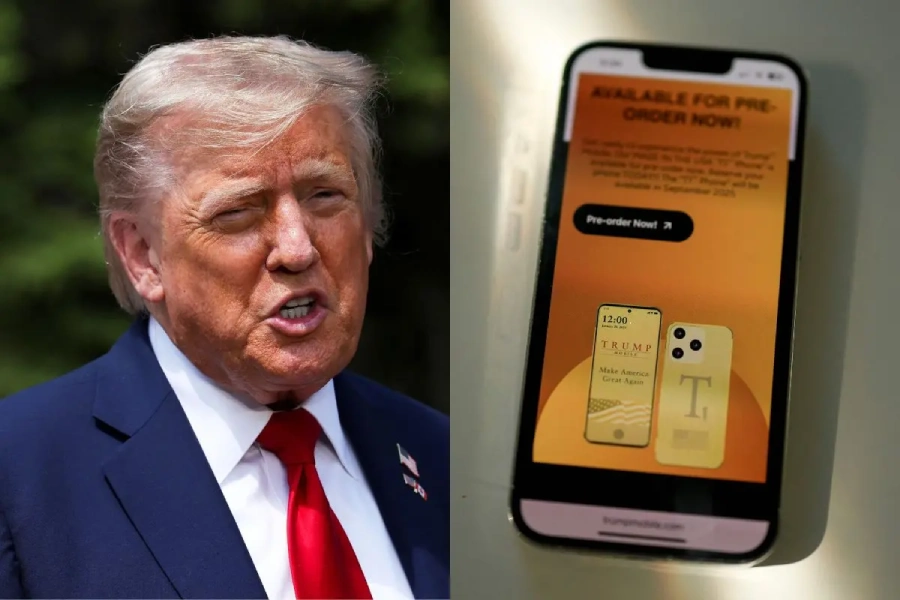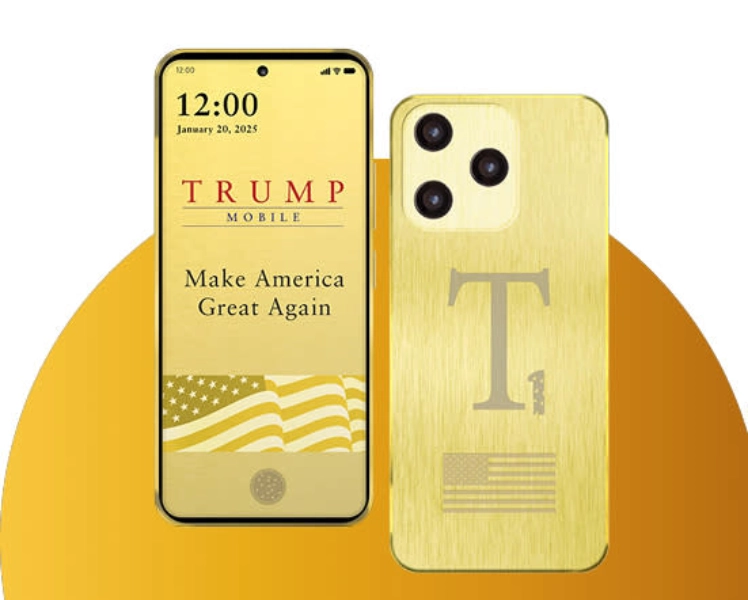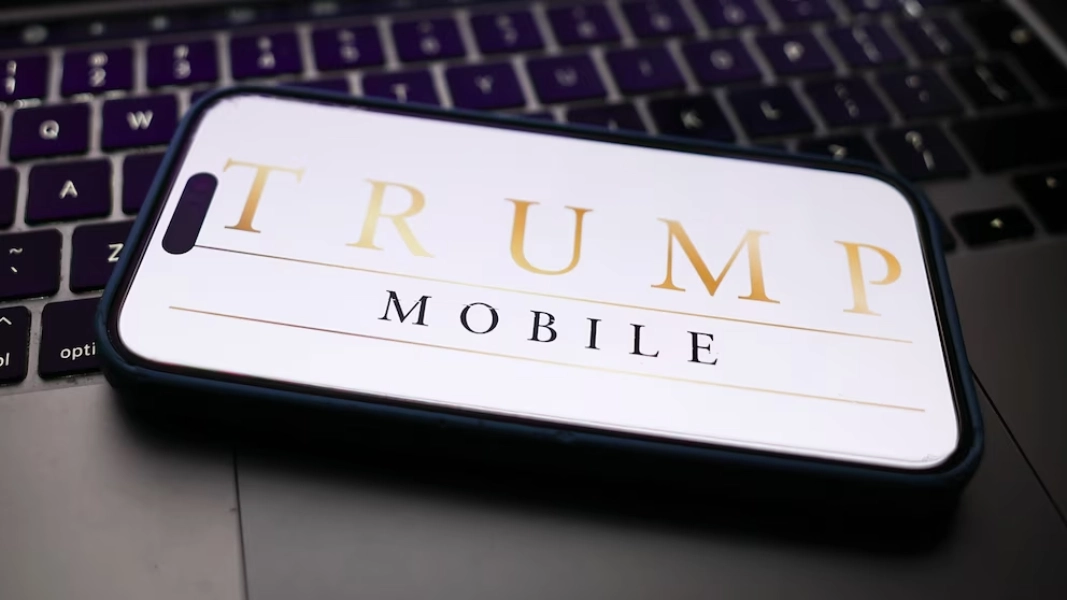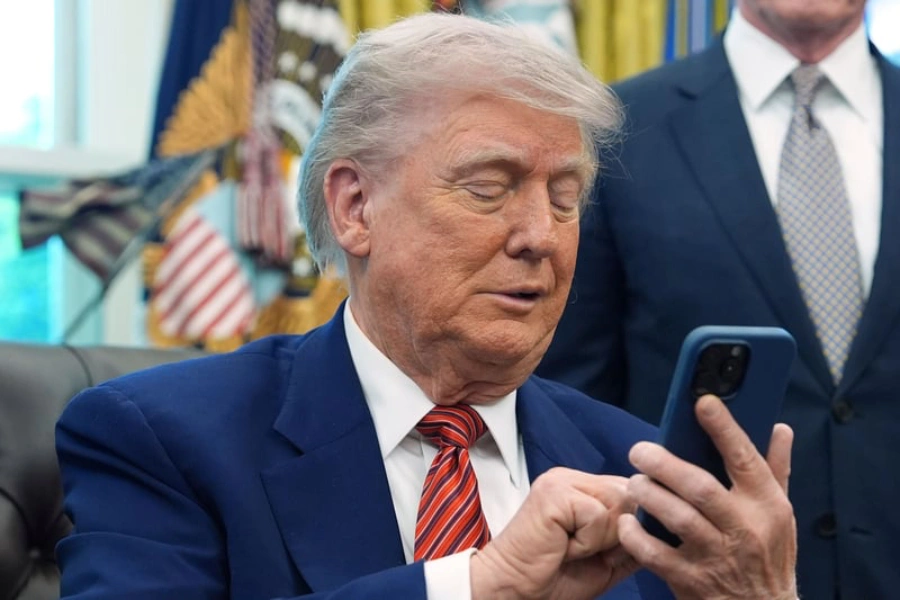In an era where the label “Made in USA” carries significant patriotic weight, the launch of the Trump Organization’s T1 smartphone with this bold claim has stirred both excitement and skepticism. While the company promotes the device as “Built in the USA,” experts and industry analysts suggest a very different story—one that highlights the complexity of modern smartphone manufacturing, global supply chains, and potential legal risks.

What Trump Mobile Claims vs. Reality
The Trump Mobile T1 smartphone is advertised as an American-made product with a competitive price of $499. However, according to industry experts such as Francisco Jeronimo, Vice President at IDC, and analysts at Counterpoint Research, the phone is likely designed and manufactured largely overseas, primarily in China.
“There is no way the phone was designed from scratch and no way it is going to be assembled or completely manufactured in the U.S.,” Jeronimo told CNBC.
Most smartphones rely on global components:
-
The AMOLED display likely comes from South Korean firms like Samsung or LG.
-
The processor is probably from Taiwanese companies such as MediaTek or Qualcomm.
-
Camera sensors typically come from Japanese firms like Sony.
-
Even if some assembly happens in the U.S., many parts are imported.
This disconnect between marketing and manufacturing raises red flags about the authenticity of the “Made in USA” claim.

The Legal Framework Behind “Made in USA” Labels
Under U.S. law, the Federal Trade Commission (FTC) requires that products labeled “Made in USA” be “all or virtually all” made domestically. This means the product must contain no or negligible foreign components or manufacturing.
If Trump Mobile’s T1 smartphone is primarily assembled overseas or contains significant imported parts, the FTC could consider this false or misleading advertising. Such violations may lead to:
-
FTC investigations
-
Monetary fines
-
Public corrective actions or recalls
The U.S. Customs and Border Protection (CBP) enforces strict country of origin labeling rules and may seize imports falsely labeled as “Made in USA,” impose penalties, or pursue criminal charges.
How Global Supply Chains Complicate Manufacturing Claims
Smartphone manufacturing is inherently global. Even American companies with domestic assembly plants import most components. The Trump Mobile case exemplifies how interconnected supply chains challenge simple country-of-origin claims.
For example, Samsung and LG manufacture the highly specialized AMOLED displays, Taiwanese firms produce advanced processors, and Japanese companies dominate camera sensors. Any claim of 100% domestic manufacturing is extremely difficult, especially at a $499 price point.

Ethical Implications and Conflicts of Interest
Donald Trump, during his presidency, pushed for increased domestic manufacturing and criticized companies like Apple for outsourcing. However, his company’s flagship smartphone being produced overseas highlights a potential conflict of interest and raises questions about transparency.
This situation underscores ethical concerns about leveraging political influence for personal business advantage and the importance of truthful marketing.
What Consumers Should Know Before Buying Trump Mobile
Consumers attracted to Trump Mobile due to patriotic branding might feel misled if the “Made in USA” claim proves inaccurate. Transparent and honest marketing is essential for consumer trust and protection.
If you are considering purchasing the Trump Mobile T1, it is vital to:
-
Research the product’s origin carefully
-
Understand the legal standards behind “Made in USA” claims
-
Be aware of potential risks tied to false advertising
Conclusion
The Trump Mobile T1 smartphone is a compelling example of how marketing, politics, and global manufacturing intersect. While it promotes American pride, the device’s actual production process involves significant overseas manufacturing and imported components, creating legal and ethical challenges.
Consumers should stay informed and cautious regarding “Made in USA” claims, especially for tech products with complex supply chains.
FAQ
Q: Is Trump Mobile really made in the USA?
A: Experts indicate that most of the phone’s design and manufacturing occurs overseas, particularly in China, despite claims.
Q: What laws regulate “Made in USA” claims?
A: The FTC mandates that “Made in USA” means virtually all manufacturing must occur domestically.
Q: What happens if a company falsely claims “Made in USA”?
A: Possible consequences include FTC fines, customs seizures, and legal investigations.
Q: Why is the Trump Mobile phone priced at $499?
A: The affordable price likely reflects the use of mid-range, globally sourced components.
Q: Is it ethical to market Trump Mobile as “Made in USA” if it isn’t?
A: This raises concerns about transparency, consumer rights, and political ethics.

